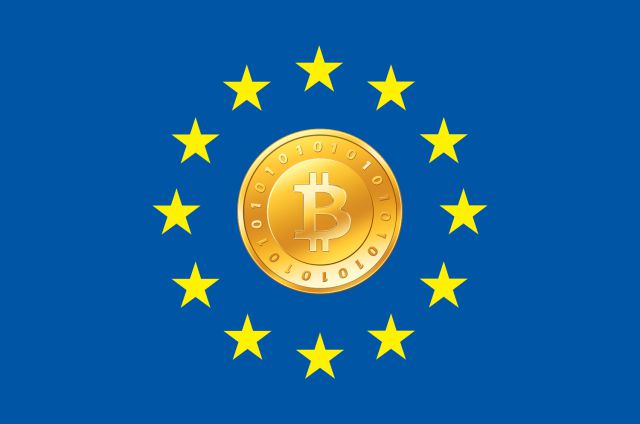By Jeff Paul
A top legal adviser to EU’s highest court recommended today that Bitcoin and other digital currencies should be exempt from Europe’s value-added tax.
The European Union value added tax (VAT) is a tax on goods and services within the EU territory ranging from 15 to 27%.
“The business of exchanging bitcoin for other currencies counted as a transaction which was exempt from duty under EU VAT regulations,” Advocate General Juliane Kokott wrote in her opinion.
According to Reuters, the Luxembourg-based court “is still considering the application but often follows the advice of its advocates-general.”
The court adviser seems to agree with a 2014 United Kingdom policy paper on bitcoin and other cryptocurrencies, which recommended:
“For VAT purposes Bitcoin and similar cryptocurrencies will be treated as follows below, this in no way reflects on how they are treated for regulatory or other purposes:
- income received from Bitcoin mining activities will generally be outside the scope of VAT on the basis that the activity does not constitute an economic activity for VAT purposes because there is an insufficient link between any services provided and any consideration received
- income received by miners for other activities, such as for the provision of services in connection with the verification of specific transactions for which specific charges are made, will be exempt from VAT under Article 135(1)(d) of the EU VAT Directive as falling within the definition of ‘transactions, including negotiation, concerning deposit and current accounts, payments, transfers, debts, cheques and other negotiable instruments’
- when Bitcoin is exchanged for Sterling or for foreign currencies, such as Euros or Dollars, no VAT will be due on the value of the Bitcoins themselves
- charges (in whatever form) made over and above the value of the Bitcoin for arranging or carrying out any transactions in Bitcoin will be exempt from VAT under Article 135(1)(d) as outlined at 2 above
However, in all instances, VAT will be due in the normal way from suppliers of any goods or services sold in exchange for Bitcoin or other similar cryptocurrency. The value of the supply of goods or services on which VAT is due will be the sterling value of the cryptocurrency at the point the transaction takes place.”
So it appears that the EU plans to treat Bitcoin more as a currency than as a commodity or product. Whereas the IRS in the United States has issued guidance for users to treat it as an asset instead of a currency.
The confusion between nations on how best to regulate digital currencies will likely continue because they are not easily categorized or controlled. It’s a huge part of why they’re so exciting.
Get your first bitcoin here.
Jeff Paul is a co-founder of Coinivore. Follow on Twitter or Facebook.
